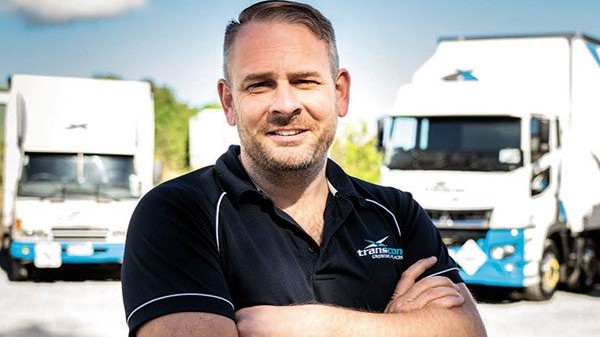Like tying our own shoelaces together

New Zealand needs to focus on pulling the right levers to ensure its sustained growth.
Productivity, efficiency, global competitiveness and a smarter economy are terms we repeatedly hear from the powers-that-be regarding where the nation needs to be focused and where businesses’ energies should be applied.
Such proclamations and intent are challenging to interpret when the physical delivery from those same organisations delivers a gamut of baffling outcomes, suggesting one’s left and right hands are somewhat unconnected. There seems an utter disconnect that someone somewhere must pay for the discounts and benefits being amply apportioned out.
One only needs to look at the Clean Car rebate programme introduced in April, a ‘discount’ of up to $8625 off the retail price of a new electric or low- emission vehicle, the ‘discount’ paid in lumpsum back to the purchaser, irrespective of the equity they hold in the new vehicle. While one can take whatever position they choose on the overall environmental benefits of EVs and low-emission vehicles, it is undeniable that someone is paying that ‘discount’ in the first instance. (Hint: it’s anyone paying taxes.)
Furthermore, that same vehicle you and I have just subsidised is also currently exempt from contributing to the construction and maintenance of our roading network and looks unlikely to do so until at least 2025. Long story short, the costs of building and maintaining the roads is inevitably to be borne by a smaller proportion of road users in the immediate future, compounding the already immense strain faced by the relevant budgets on our rapidly deteriorating and dilapidated network of state highways.
We’ve all just witnessed another ‘delightful’ example of things going slightly haywire in the form of the distribution of the government’s cost- of-living payment to those earning less than $70,000 per annum. Few can argue with the intent of this payment. But one can’t help but be completely miffed by the blatant nonchalance shown towards the circa 30,000 payments made to those ineligible for it – i.e. those residing offshore, deceased, or otherwise not compliant with the criteria set, details one might expect the nation’s tax-gatherers to have a slight inkling of. Putting it into a business context, it would surely be the equivalent of writing a cheque to a creditor who’d never done any work for you, nor ever invoiced you, and better yet, without expectation of repayment. And doing it 30,000 times!
But the bit that really irks is that the bill of $3,500,100 (based on 30,000 potential non-compliant recipients) for this ‘minor’ clerical error again falls back to the very people who the payment was there to support!
The recent passing of Queen Elizabeth II has highlighted another example of this shoelace-tying mentality we seem intent on mastering, with the shotgun announcement of a public holiday to honour her passing. With a mere two-week notice, businesses of all shapes and sizes are again assumed to be looking for new ways to spend their ample piles of cash while at the same time contributing to the nation’s productivity aspirations. Once again, our sector will spin the wheels through a typical day, but with the bonus of some additional cost thrown into the mix – happy days!
What of the self-employed doctor, dentist, or tradesperson who’s suddenly lost a day’s productivity, or the individual awaiting an operation that may no longer go ahead on that date and further prevent their return to a ‘productive’ occupation? Do we not have some other mechanisms at our disposal to commemorate one’s life without burdening the country with a further $450 million? Perhaps we could’ve done it on a Sunday, or is that too simple?
One might view this month’s rant as just that – and something scribed by a real grinch. I’m not. I’m merely realistic about the balance required if we’re to truly grow our productivity as a country and think fairly about the levers we pull to achieve this.
The current model of robbing Peter, Paul and Mary to pay Buck, Sharon and Baz isn’t the solution and only leaves everyone with a bigger knot to untie.


